Mozambique: Chapo praises central bank for ensuring monetary stability - AIM
Mozambique’s lenders can only wait and see
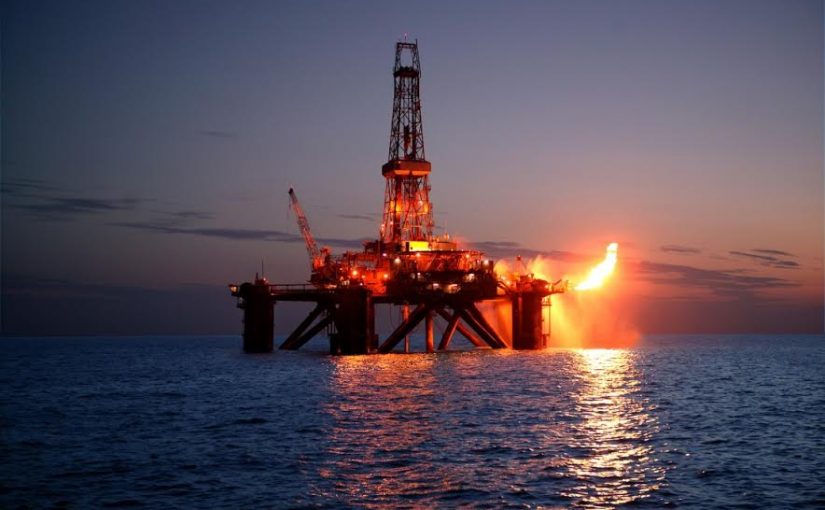
The Fuse (File photo) / No one expects gas to solve all the country’s financial problems in the short term
The Economist Intelligence Unit (EIU) believes that the only option left for investors exposed to Mozambique’s sovereign debt is to wait until the country accumulates sufficient revenues from its gas projects and eventually repays its lenders.
Waiting seems all the more appropriate to the extent that the Mozambican Government may be too optimistic in its revenues expectations. “International promoters have already invested a lot in their Mozambican projects, so that they cannot afford to indefinitely postpone their investments”, explains the experts from the EIU in a report recently published.
“We hope that fiscal revenues generated through the exploration and exportation of liquefied natural gas (LNG) will ultimately materialise, though we think these will be smaller and later than expected by the Government.”
Such revenues, pursues the EIU, should enable Mozambique to repay the previously undisclosed $1.4 billion loans as well as the $727.5 million which the Government issued in April last year and which resulted in the reconversion of the bonds issued by Empresa Moçambicana de Atum (Ematum), the only ones that were made public at the time of their issuance.
“We can’t expect gas to solve all the country’s financial problems in the short term, so that though lenders patience is being tested these do not have much options except waiting”, advocates the EIU. Eni’s final investment decision inaugurated last week in Mozambique, in the presence of Mozambique’s president Filipe Nyusi, is another step in the process initiated in 2010, when the Italian E&P firm made one of the largest gas discoveries of the last decade.
“Shortly after, other investors started positioning themselves in the emerging gas market, inciting the Government to raise funds in the international capital markets on the basis of expected future revenues from gas and coal, betting that it would be able to repay its loans without stress”, reminds the EIU’s analysts.
“Such plans fell apart though, when prices of natural gas and coal collapsed in 2014 before the discovery of hidden external debt, affecting the private sector’s plans as well and forcing the Government to default on its commitment.”
“Today, the Government still bets on gas, while attempting to support the recovery of Mozambique’s fragile economy and restructure its unbearable debt”, conclude the analysts.


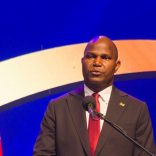
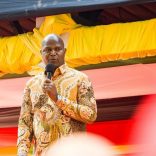


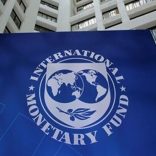
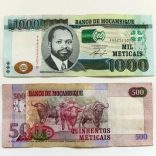



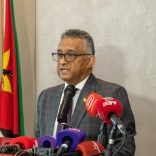

Leave a Reply
Be the First to Comment!
You must be logged in to post a comment.
You must be logged in to post a comment.